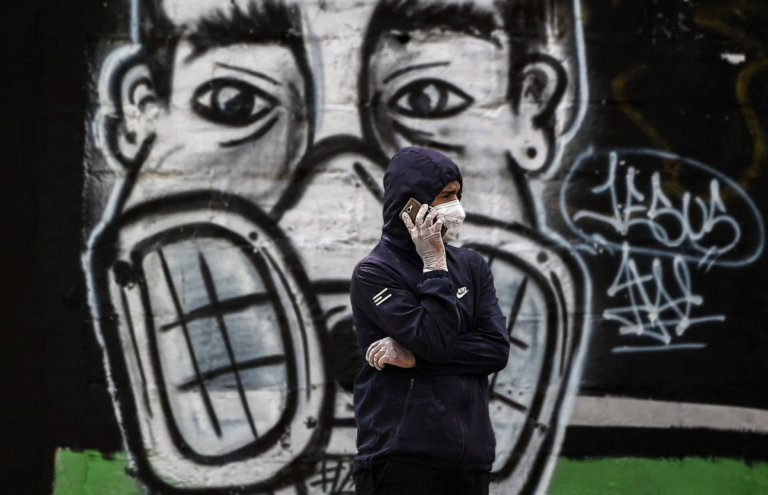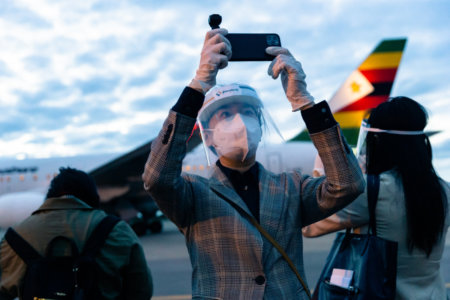
Scammers are using Student and Exchange Visitor Program (SEVP) and Homeland Security Investigations (HSI) phone numbers to target international students in the US. This was confirmed in a news alert from the Officer of International Affairs at The Ohio State University on June 7, as reported in its school paper The Lantern.
DHS last issued a fraud advisory to warn students about scammers using SEVP phone numbers back in December 2020. At the time, scammers enquired about Form I-94 documents and asked for students’ financial information. Now that it has resurfaced, international students in the US should arm themselves with the following information.
Scammers posing as SEVP, HSI officials
Students who get a call from the SEVP phone number 703-603-3400 or HSI phone number 757-441-6533 should be on high alert. Fraudulent callers are claiming to be SEVP representatives, convincing students to reveal personal immigration details online. They ask about Alien Registration Number or Form I-94, (Arrival/Departure Record), or face deportation, among others.
It’s important to know that SEVP officials will never ask you to provide banking information or perform transfers online, over the phone. Neither will any other government official in the US.

Be wary of calls from strange numbers claiming to be government officials. Source: Ted Aljibe/AFP
How to avoid falling for scams
With the different types of scams targeting international students, we should all be more vigilant in protecting ourselves. The first step? Take confidence in your status as a legal international student, so you won’t fall for threats to your status.
The moment you get a suspicious call, note every detail the caller provides, including their instructions and false identity. If they try to intimidate you or start using aggressive language, end the conversation at once. Plus, know that you are never obliged to reveal personal information to unknown callers — especially if they are unable to prove where they are from, or provide a legitimate purpose to the call.
What to do if you get a call
If you receive a scam call from either one of these numbers — especially someone claiming to be a government official — leave an online tip with the US Immigration and Customs Enforcement (USCIS). You should also notify your International Office and designated school official; besides your visa agent, they should be the only other parties privy to your immigration details. If the calls persist, report the matter to law enforcement authorities with support from your International Office.










